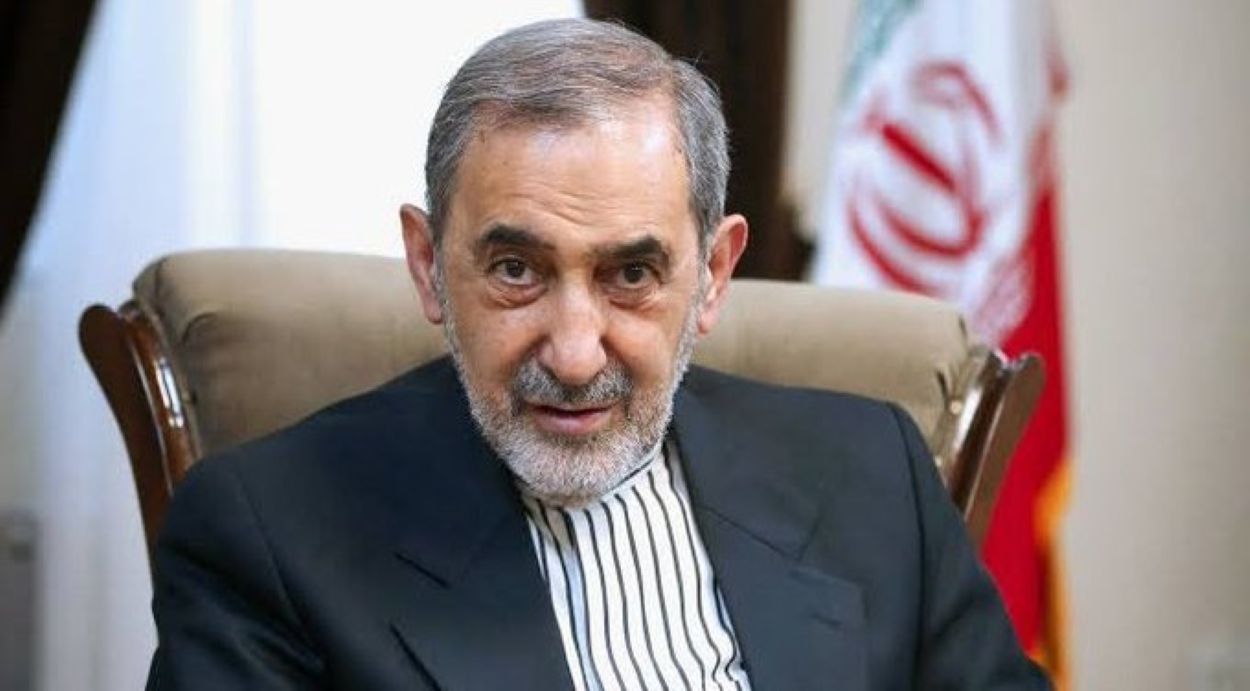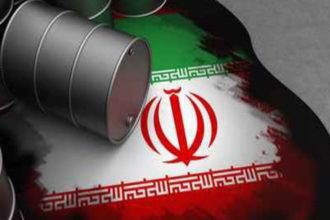Iranian media reported that Iran has threatened to block the proposed Trump Route for International Peace and Prosperity (TRIPP) corridor, part of a U.S.-sponsored regional deal announced by President Donald Trump on August 8.
Ali Akbar Velayati, top adviser to Iran’s supreme leader, stated that military exercises in northwest Iran demonstrate Iran’s determination to prevent geopolitical changes, warning, “This corridor will not become a passage owned by Trump, but rather a graveyard for Trump’s mercenaries,” as quoted by Reuters.
Iran’s foreign ministry welcomed the agreement as a “step toward lasting regional peace” but cautioned against foreign interventions near its borders that could undermine stability. The corridor, running across southern Armenia, would connect Azerbaijan to its Nakhchivan exclave and Turkey, with the U.S. holding exclusive development rights to boost energy and resource exports.
Details of the Azerbaijan-Armenia Peace Plan
Trump hosted Azerbaijani President Ilham Aliyev and Armenian Prime Minister Nikol Pashinyan at the White House on August 8, where they signed a joint declaration to end decades of conflict over Nagorno-Karabakh, a region Azerbaijan reclaimed in 2023, displacing 100,000 ethnic Armenians. Azerbaijani ambassador Elin Suleymanov described it as a “paradigm shift,” predicting regional prosperity. The plan is one step from a final peace deal, with Azerbaijan ready to sign once Armenia amends its constitution to remove Nagorno-Karabakh references, per Suleymanov.
Armenia’s Pashinyan, via X, hailed the summit for paving the way to end the conflict and unlocking economic opportunities through transport connections. Implementation of the rail route depends on U.S.-Armenia cooperation, with talks already underway.
Read: Trump, Aliyev, and Pashinyan Sign Historic Peace Agreements at White House
Russia, traditionally Armenia’s ally and mediator, supported the summit but proposed solutions developed by regional countries with support from Russia, Iran, and Turkey to avoid a Western “sad experience” in the Middle East, as per Reuters. NATO member Turkey, Azerbaijan’s ally, welcomed the accord. Analysts like Joshua Kucera from the International Crisis Group noted unanswered questions on customs, security, and reciprocal access, warning of potential stumbling blocks, including Armenia’s constitutional referendum planned before its June 2026 elections.
Iran, bordering the area and under U.S. pressure over its nuclear program and a June 2025 12-day war with Israel, lacks the military power to block the corridor, per analysts. Velayati’s statement raises security concerns, potentially complicating the deal’s rollout. Suleymanov downplayed the disadvantages for Russia, stating, “Anybody can benefit if they choose to.” The plan excludes Russia, despite its border guards on the Armenia-Iran frontier, highlighting shifting regional dynamics.






